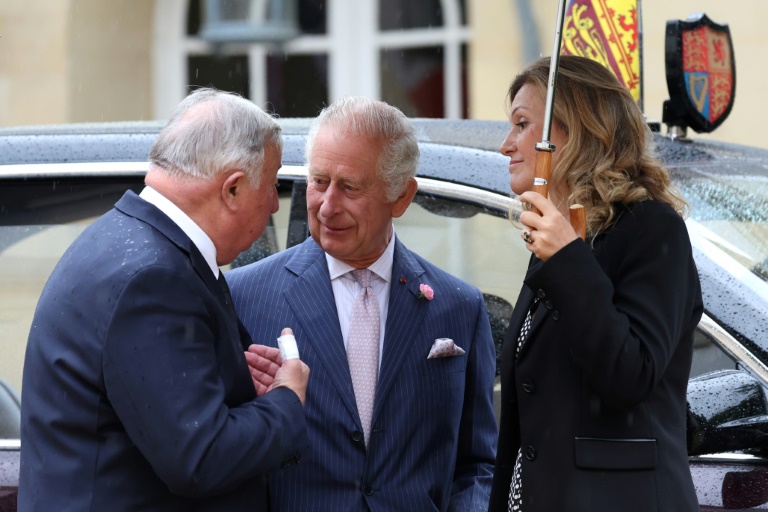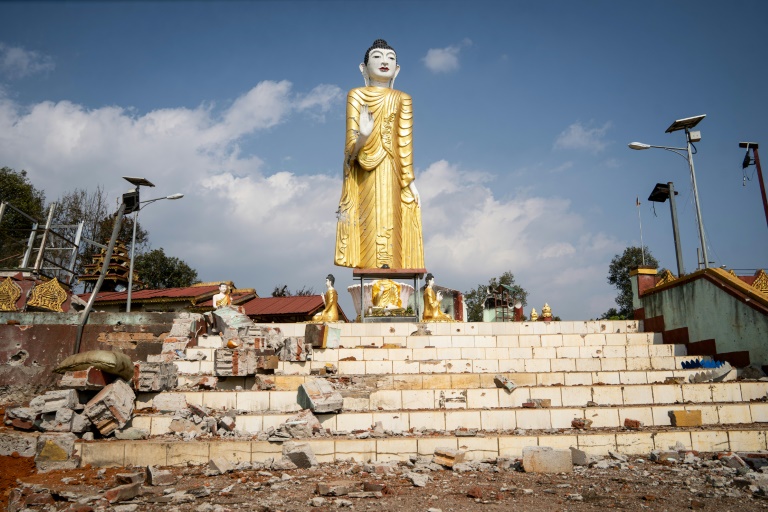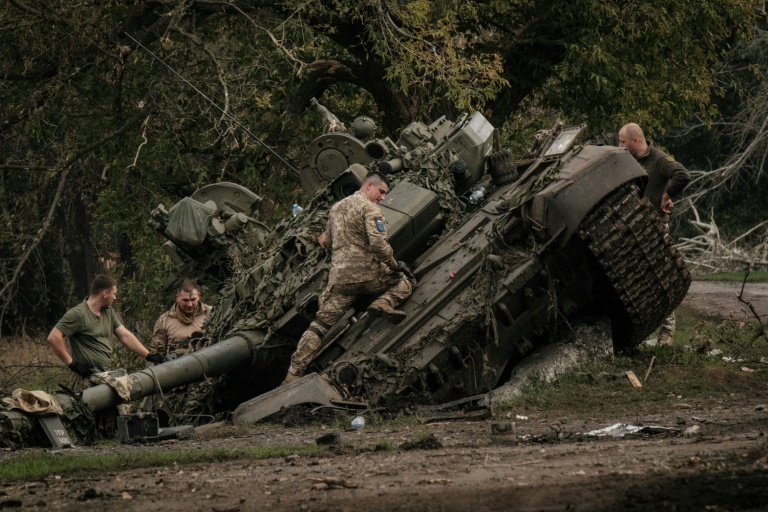The India-Canada relationship is in a downward spiral. To be sure, for those following Indo-Canadian relations, the fraught nature of the partnership is little surprise. The recent escalation, however, is. Over the last two decades, Indian diplomats and security agencies have requested cooperation from the Canadian government and intelligence agencies. It is no secret to either party that Khalistani separatism and the terrorists involved in targeted killings on Indian and Canadian soil find a safe haven in western nations, especially in Canada. Khalistani separatism finds little hold in the Sikh homeland of India. Yet, referendums demanding a separate state of Khalistan carved out of the Indian state are regularly held with political patronage in Canada.
While Khalistani terrorists are responsible for the deadliest terror attack on Canadian soil – the 1985 Kanishka Airlines bombing that killed over 300, including 85 children – Jagmeet Singh, a political partner of Justin Trudeau, is a supporter of Khalistan. He is essential to Justin Trudeau’s premiership and leverages the Sikh population in Canada as a voting bloc to maintain support for the Liberal Party of Canada. The Sikhs are a small but rapidly growing minority in Canada.
Many Sikhs migrating to Canada gain asylum by leveraging a loophole in Canadian immigration law, with some help from separatists in Punjab. Essentially, the Khalistanis have functioned as an immigration scam at scale, but changes Canadian demographics for Trudeau’s politics favourably. Unfortunately, that is not all it has functioned as.
In addition to being responsible for the death of an Indian Prime Minister as well as a sitting Chief Minister, radicalised Khalistani terrorists have been responsible for targeted killings on Canadian and Indian soil even recently, and show disproportionate presence in Canada’s drug trade and human trafficking gangs.
The Indian security establishment has repeatedly urged Canada to act against Khalistani terror, to no avail.
Still, the Indian government has refrained from taking a confrontational diplomatic position, hoping for future cooperation with Canada. The tit-for-tat action after Canada expelled an Indian diplomat over unfounded allegations of a role in the killing of a Khalistani separatist on Canadian soil seems to have caught Justin Trudeau by surprise.
On Thursday morning, India suspended visa services in Canada citing “operational reasons”. So far, New Delhi’s actions included expelling a senior Canadian diplomat and a Canadian intelligence officer, and issuing an advisory for Indian citizens in Canada.
This comes against the backdrop of the awkwardness surrounding Trudeau’s visit to India for the G20 summit. Trudeau did not get a bilateral meeting; his “pull-aside” talks with Prime Minister Narendra Modi were also strained by the Khalistan row. Canada paused a possible trade deal with India.
After the fiasco, Trudeau had to wait for an additional two days in Delhi due to a technical snag in his plane. The Canadian opposition tore into him for his lacklustre international presence and accused him of being an embarrassment for the country. His means of making up for weakness was through a diplomatic show of force where he accused India, without presenting any evidence, of the targeted, extrajudicial killing of Sikh extremist Hardeep Singh Nijjar on Canadian soil.

The statement actually used an unheard-of phrase – “credible allegations” – in an attempt to resonate with his domestic audience. The statement was immediately questioned. Canadian analysts called out the lack of substance, with journalist Daniel Bordman pointing out how Khalistani terrorism has flourished under the Trudeau regime, and the Canadian opposition demanding evidence to justify alienating a strategically important democracy.
Former Research and Analysis Wing (R&AW) Chief Vikram Sood stated that the “claims are quite absurd… and without evidence, and having made the claim, he (Trudeau) has taken an action”. He pointed out that while two apparently friendly nations should be talking, Trudeau was insistent on behaving as if India and Canada were enemies.
This is the latest on a long list of anti-India actions on Trudeau’s watch. He contradicted himself by refusing to support Minimum Support Price (MSP) for Indian farmers at the WTO, while supporting the protests against farm law reforms in India, which would, in fact, have eliminated MSP. He has consistently hoped that playing dress-up on Baisakhi in the Tokenistic style of politics that has worked for him in Canada would be enough for India’s satisfaction. Simultaneously, he supported floats depicting the murder of Indira Gandhi in Khalistani-led parades in Canada, while his administration allowed the defacement of Hindu temples and the Indian embassy, as well as undisguised genocidal calls against Hindus and other Indian natives within Canada.
Canada’s staunch alliance with the US may prevent questions in the western media about Trudeau’s fascination with the Chinese regime and his own autocratic behaviour against citizens peacefully protesting against unconstitutional vaccine mandates in their country. His liberal government has overseen almost a decade of rising drug addiction and a slew of highly concerning medical policies, including Medical Assistance in Dying (MAiD). His citing as “freedom of speech” the sheer terrorising of the Indian diaspora, to appease his vote bank of liberal Sikhs, is merely another example of paying lip service to the idea of democracy.

Democracies like Canada must acknowledge the rise of middle powers such as India. Any potential partnership between Canada and India will hinge on Canada acknowledging India’s territorial integrity and sovereignty and taking tangible action against elements within Canada that threaten India’s rights. Yet Canada appears to back these principles while simultaneously blaming a partner with massive potential for its own internal security failures. The recent actions by the Indian government against Canada have caused Trudeau to adopt a conciliatory approach within a day of his explosive charge, especially after the Five Eyes nations refused to back his statements without further evidence against India.
This row provides the Indian government opportunity to drive home its seriousness on the issue of Khalistani radicalisation that is rampant in Canada, the US, Germany and the UK. Canada may well serve as an example for the Indian government to emphasise that it won’t back down on issues related to national security, and that it won’t submit to western bullying.
(Sagorika Sinha is a columnist and podcaster with experience in foreign policy analysis and international relations. She also writes about domestic policy when not working on her fledgling YouTube channel)
Disclaimer: These are the personal opinions of the author.







